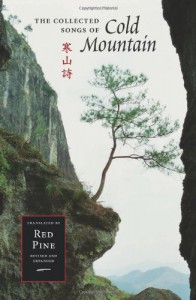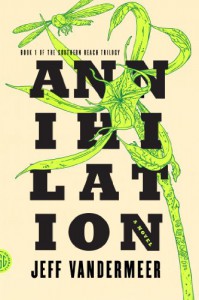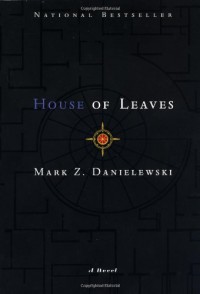
I ordered this because I loved [b:From the Inside Out: Radical Gender Transformation, FTM and Beyond|1059288|From the Inside Out Radical Gender Transformation, FTM and Beyond|Morty Diamond|https://d.gr-assets.com/books/1354208946s/1059288.jpg|1045867], which was collected and published by [a:Morty Diamond|526474|Morty Diamond|https://d.gr-assets.com/authors/1442559972p2/526474.jpg] as well. I was expecting some thoughtful recollections on relationships and sexual experiences that would help younger or newly-transitioning trans people learn how to navigate and be comfortable in romantic pursuits.
This... was not really what I was expecting at all. For the worse.
The collection was published in 2011 but reads like something from the mid-90s era of "gotta be as radical queer as possible!!!!", that obnoxious facade of ultimate transgressiveness that just feels... extremely unrelatable after you have grown out of your teenage years. Like it's a contest to see who can describe themselves with the most radical terms and the most slurs. In the end, I didn't get anything out of most of the submissions at all, because most weren't written to impart a message- it just felt like empty bragging of sexual conquests.
On top of that, it makes me think the mid-90s because it is sooooooo outdated in the terminology used in all of the submissions. I don't think a single person used 'cisgender', its all 'biologically male/female, bio/natal/biological-man/woman.' Someone even used the term 'woman-born-woman' which I have literally only ever seen by TERFs (Trans-Exclusionary Radical Feminists, who are cisgender women) in an effort to push the view that trans women aren't real women like them.
With that, the use of slurs was horrific and discomfiting. It actually made me just skip over so many of the entries with how slurs were used. I am all for reclaiming slurs, but the thing about reclamation that people constantly forget is,
you can only reclaim a slur for yourself. You can only decide when you yourself are comfortable taking a violent slur used to oppress and hurt you back. You can't decide this for others- you can't know if that person has been hurt by the word, how they feel about the word, if they want to reclaim it or not. So much of the writers in this anthology used words as strong as the 'tranny' or 'faggot' as broad labels for all trans people and all gay men, and then used it to describe not just themselves as individuals but any other individual people they brought up in their recollection.
This is an issue I feel strongly about because for me in particular, I have had to grow up since as soon as I could understand speech, hearing my father and his friends use the word 'queer' as a horrible, hateful, disgusting word for people like me, before I even realized who I was. I internalized what 'queer' meant, what 'queers' were, and hated myself before even coming out. It probably set me back coming out because i didn't want to be a 'queer'. Now, the LGBT community has a loud subset that thinks everyone should be comfortable reclaiming and identifying as 'queer' or part of a 'queer' community. But I am not comfortable. I do not want to reclaim that word my father still to this day screams at me when he gets a chance. I don't consent to having it used to describe me.
That's what it comes down to. Don't use words that oppressors use in violent, disgusting ways to describe another oppressed person without their consent.
OK, now that I went completely off-topic, these are the stories I appreciated reading in some way in this anthology (few and far between because most of the stories in this collection seemed to be about man-woman relationships or just about sex sex sex with no substance):
Out of the Darkness by Jakob Hero (was very relatable in terms of seeing my own teen-self in Hero's teenage years, though I hate how Hero uses the f-slur in this writing)
ReSexing Trans by Kai Kohlsdorf (Very good writing about we view and talk about our bodies and our roles in sex as trans people)
On Not Fucking or Running in Huế by Aren Z. Aizura (REALLY heartfelt and bittersweet)

 If you are at all interested in: translation studies, linguistics, the history of Japanese language, the history of English language imperialism, the long-lasting effect the USA had on the state of Japanese language as a consequence of English language imperialism, the history of the concept of national language, the ways in which language is politicized... read this book.
If you are at all interested in: translation studies, linguistics, the history of Japanese language, the history of English language imperialism, the long-lasting effect the USA had on the state of Japanese language as a consequence of English language imperialism, the history of the concept of national language, the ways in which language is politicized... read this book.























